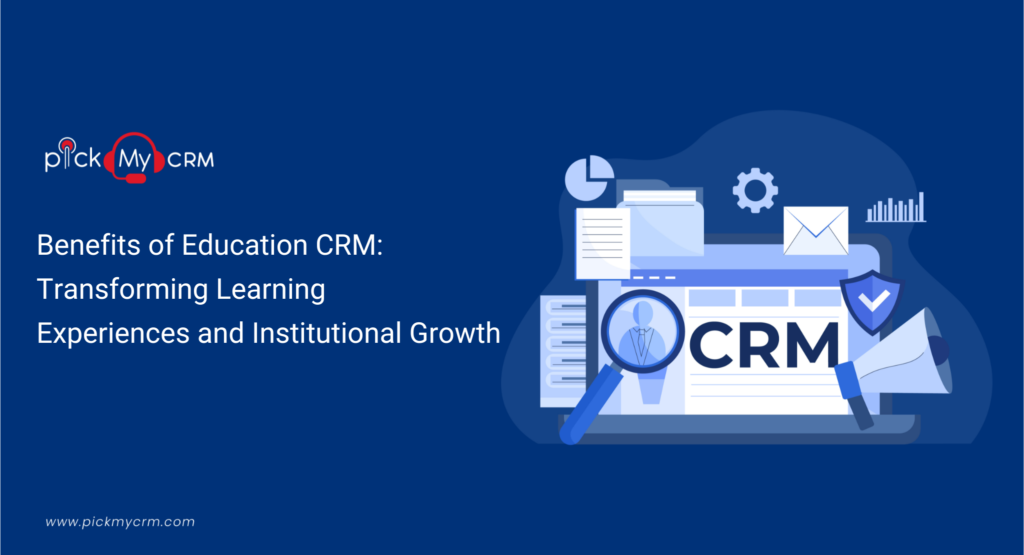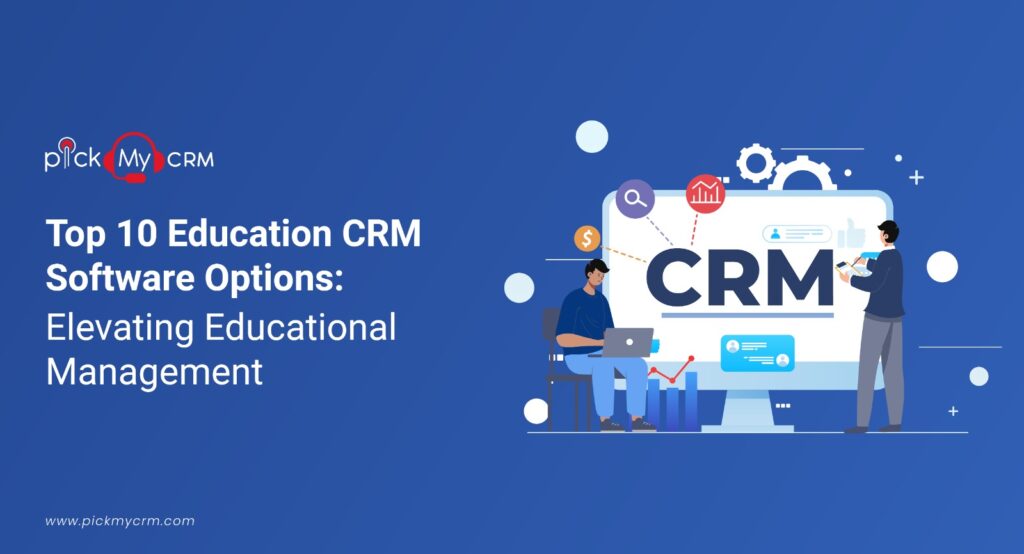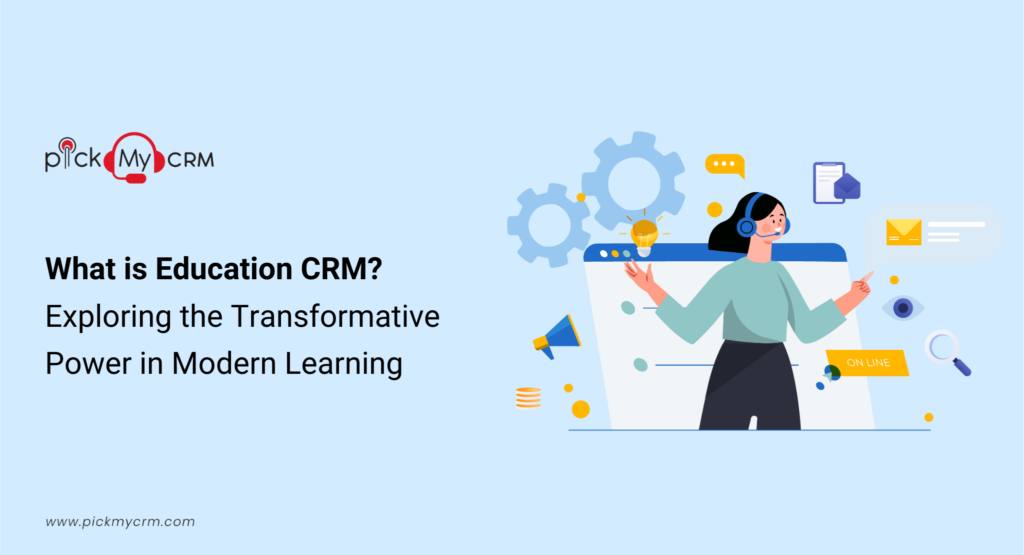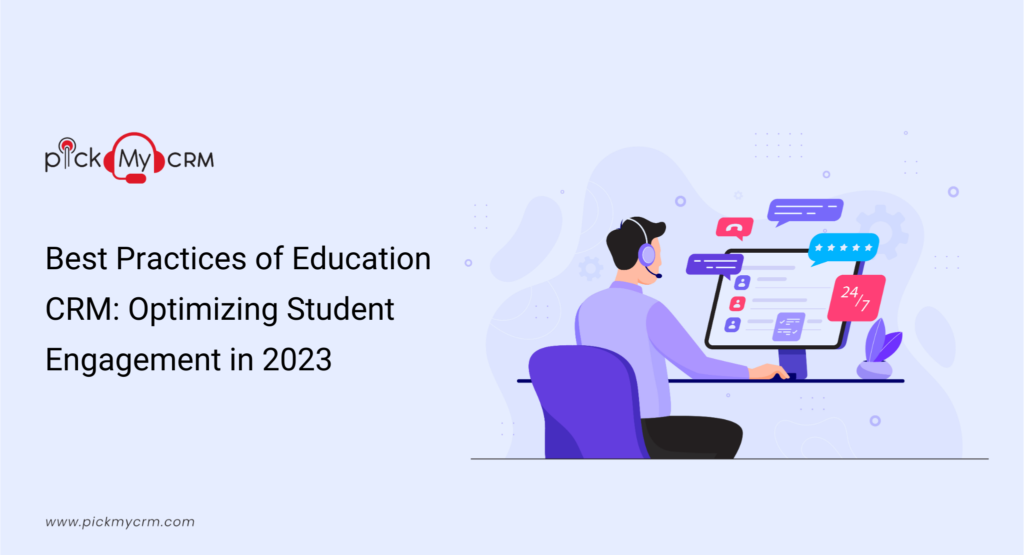Benefits of Education CRM: Transforming Learning Experiences and Institutional Growth
Top 15 Benefits of Education CRM
In today's education landscape, the fusion of technology and academia opens doors to fresh possibilities. Customer Relationship Management (CRM) systems transcend their business origins, delivering unparalleled advantages to educational institutions. This inquiry reveals the vast Advantages that CRM offers in the sphere of education.Holistic Student Engagement
Enriching student experiences lies at the core of every educational institution's mission. CRM systems empower educators to delve deeper into student interactions, preferences, and behaviors. By harnessing these insights, educators can craft personalized learning experiences that captivate and inspire, resulting in heightened engagement and elevated academic achievements.Streamlined Admissions Excellence
The complex and often labyrinthine admissions process has met its match with CRM software. The Automation of Application submissions, document collection, and communication reduces administrative burdens and fosters a seamless experience for prospective students. This efficiency extends a warm welcome to students even before they set foot on campus.Benefits of CRM for Education: Communication Synergy
Amidst a world where collaboration hinges on communication, CRM software emerges as the ultimate facilitator. Centralizing communication channels paves the way for fluid interactions between students, parents, faculty, and administrative staff, fostering an ecosystem of interconnectedness and unity.Personalization in Learning
The diversity of learning styles among students demands a tailored approach to education. CRM systems empower educators with the tools to craft individualized learning paths, catering to the strengths and weaknesses of each student. This personalized pedagogy revolutionizes education and nurtures a culture of growth.Alumni Cultivation and Networking
Institutions transcend students' enrollment periods, reaching into the Realm of Alumni engagement and beyond. CRM software becomes the guardian of Alumni relationships, enabling institutions to celebrate achievements, organize networking events, and maintain a thriving network that continues to enrich the educational journey.Data as a Catalyst for Progress
In the digital age, data is a currency of wisdom. CRM systems transmute data into insights that fuel strategic decisions. Enrollment trends, student performance analyses, and resource allocation forecasts all become accessible, guiding educational leaders toward innovative paths of progress.Mastery of Resource Allocation
Optimizing resources is an art, and CRM software is the brush that paints the masterpiece. Whether it's the allocation of budgets or the orchestration of classroom schedules, CRM systems grant institutions the power to wield their resources efficiently, reducing wastage and maximizing utility.Precision in Marketing and Recruitment
The Pursuit of the perfect fit—be it students or faculty—becomes more attainable with CRM systems. Segmentation of prospects based on interests and demographics enables targeted marketing campaigns that resonate, resulting in a more diverse and dynamic educational community.Elevating Parental Involvement
Parents play a role in a student's journey, and CRM systems facilitate meaningful engagement. Equipping parents with insights into student progress, assignments, and vital updates, institutions cultivate a collaborative partnership that nurtures student development.Nurturing Retention Strategies
Early detection of struggling students is an invaluable retention strategy. CRM systems monitor academic performance, allowing institutions to implement timely interventions and support mechanisms that pave the way for improved success rates.The Nexus of Student Information
CRM Serves as the epicenter of student data, offering educators and administrators a panoramic view of student progress, interactions, and milestones. This centralized repository enriches decision-making and streamlines administrative processes.An Efficient Feedback Ecosystem
Continuous improvement is the cornerstone of educational excellence. CRM systems facilitate the collection of feedback from students, parents, and faculty, creating an ecosystem of perpetual growth that enriches programs, teaching methodologies, and overall institutional quality.Catalyzing Alumni Fundraising and Support
Moreover, Alumni bear the legacy of an institution's mission. CRM software fortifies these connections, nurturing a sense of belonging that translates into support for fundraising initiatives and projects aligned with the institution's goals.The Crystal Ball of Predictive Analytics
Predictive analytics in CRM systems convert historical data into future insights. Enrollment trends, student performance paths, and vital indicators spring to life, empowering institutions to take proactive resource planning and allocation measures.Seamlessness through Integration
Modern education ecosystems thrive on integration. CRM software often seamlessly integrates with Learning Management Systems (LMS), financial platforms, and other essential tools, creating a harmonious symphony of operations that amplifies institutional efficiency.When to Implement the Benefits of Education CRM
The ideal time to implement Education CRM is when an educational institution seeks to enhance student engagement, streamline administrative operations, and make data-informed decisions. It should align with the institution's strategic goals and readiness for technology adoption.Where to Implement the Benefits of Education CRM
Education CRM finds applicability in diverse educational environments, encompassing K-12 schools, colleges, universities, online learning platforms, and continuing education programs. Its adaptability extends to physical and virtual learning landscapes, rendering it a valuable asset that benefits the entire education sector.Benefits of Education CRM: Who benefits
- Students: Education CRMs enhance the learning experience, offering personalized support and engagement opportunities.
- Faculty and Staff: Streamlined administrative tasks free up valuable time for staff, enabling them to focus on core educational activities.
- Administrators: CRM systems provide data-driven insights for better decision-making and operational efficiency.
- Institutions and Alumni: Strong Alumni relations can lead to increased support and contributions to the institution. Education CRMs empower institutions to thrive in a competitive educational landscape, ensuring they remain agile and responsive to changing needs.




